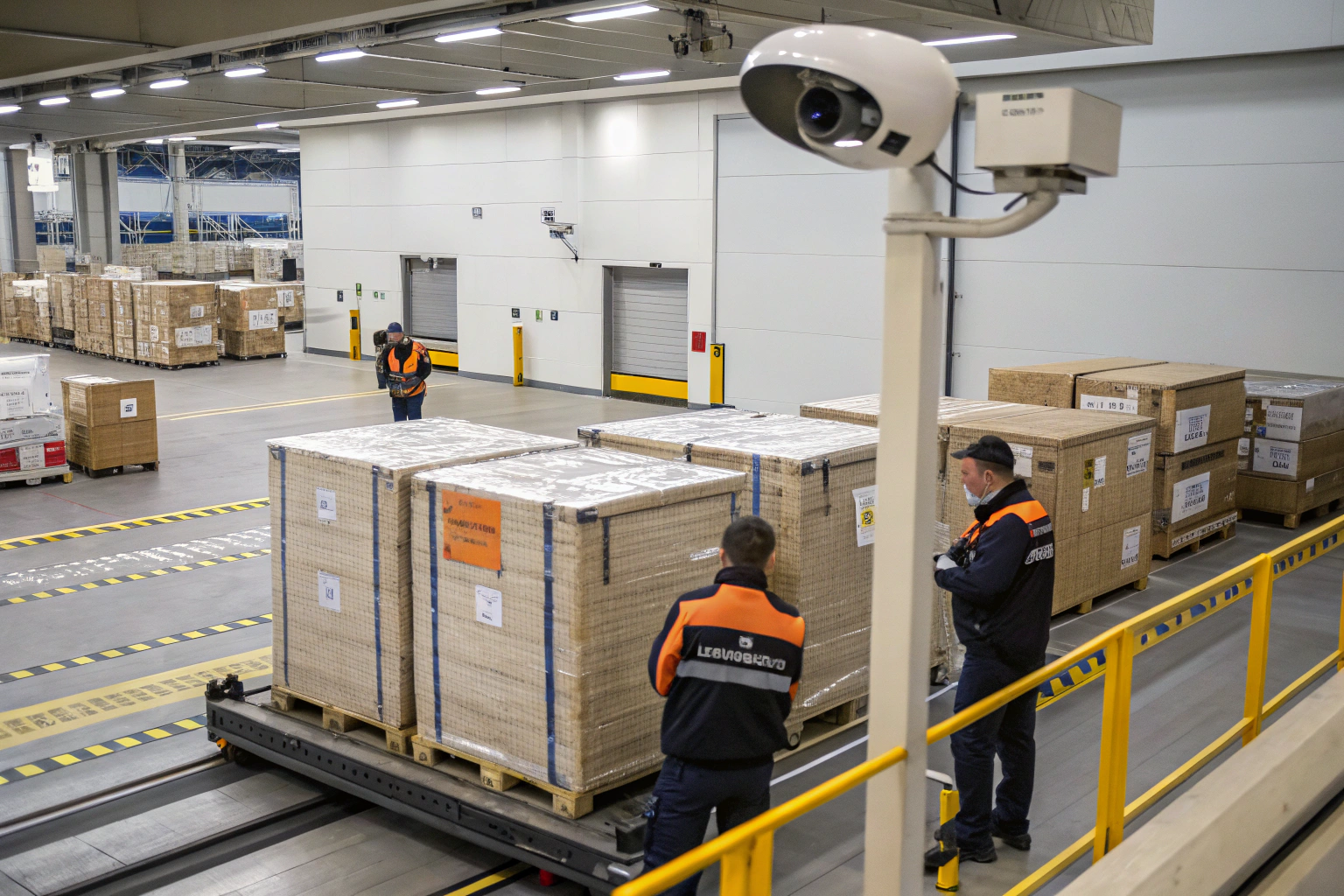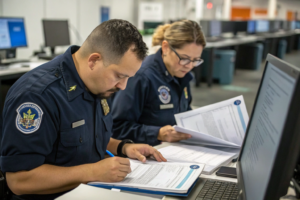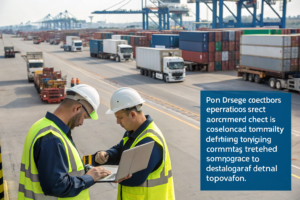In global logistics, cargo security isn't just a bonus—it’s a baseline expectation. For importers like Ron who move high-value goods from China to the U.S., any damage, loss, or theft during transit could destroy a deal or stall an entire retail campaign.
Freight forwarders play a vital role in maintaining freight security by using tracking systems, security protocols, and physical safeguards to ensure every shipment is protected throughout the journey.
Having spent years handling sea and air shipments through major ports across Asia, Europe, and the Americas, I’ve learned that trust starts with how we protect your cargo. Let’s look at how top-tier freight forwarders keep your shipments safe.
What Are the Main Risks Facing International Shipments?
Every leg of a shipment—from factory pickup to final delivery—carries potential risks. Forwarders must anticipate and neutralize each one.
Cargo theft, misrouting, tampering, and environmental damage are common risks that freight forwarders address with layered security solutions.
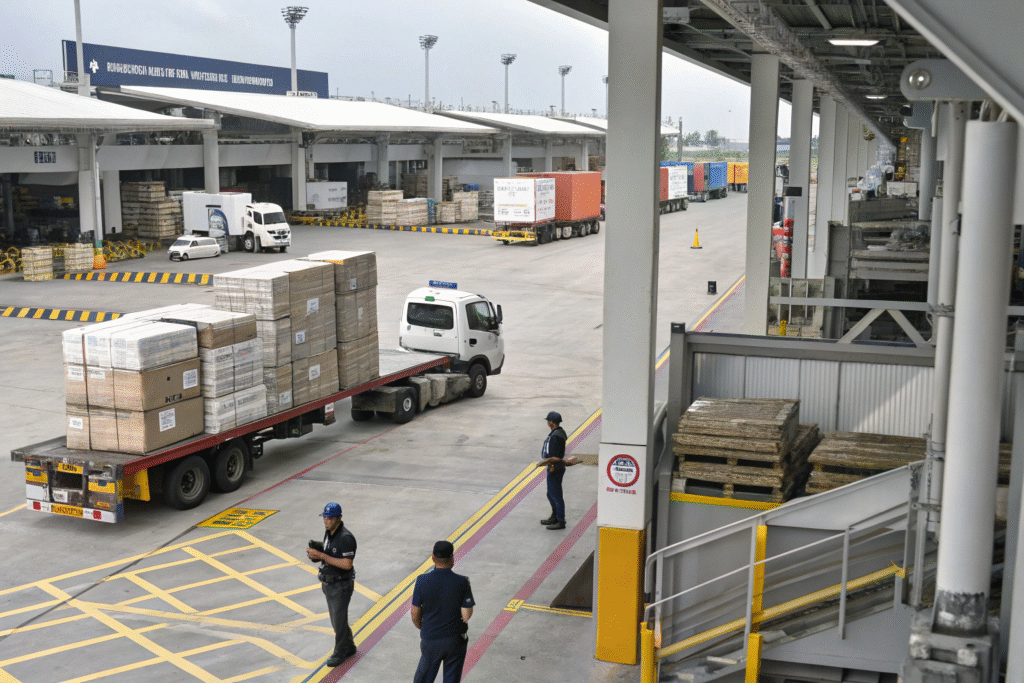
Why Are Sea Freight Shipments Especially Vulnerable?
Sea freight passes through multiple checkpoints—factory, trucker, port warehouse, container yard, customs, and finally unloading in the U.S. At each of these points, risks like cargo mix-ups or unauthorized access rise.
That's why we use container seals approved by C-TPAT and require tamper-evident locks for high-value shipments.
How Do Environmental Factors Affect Cargo Security?
Extreme temperatures or humidity can compromise packaging, electronics, textiles, or food. We advise clients to use cargo desiccants and reinforced pallets, and we offer warehousing in climate-controlled facilities.
For particularly sensitive goods, we monitor transit conditions using IoT sensors from providers like Tive.
How Do Tracking Systems Help Prevent Cargo Loss?
Without visibility, a small deviation can turn into a big problem. That’s why real-time tracking is now essential.
Freight forwarders deploy GPS, IoT, and cloud-based platforms to monitor shipments from pickup to delivery, detecting delays or threats immediately.
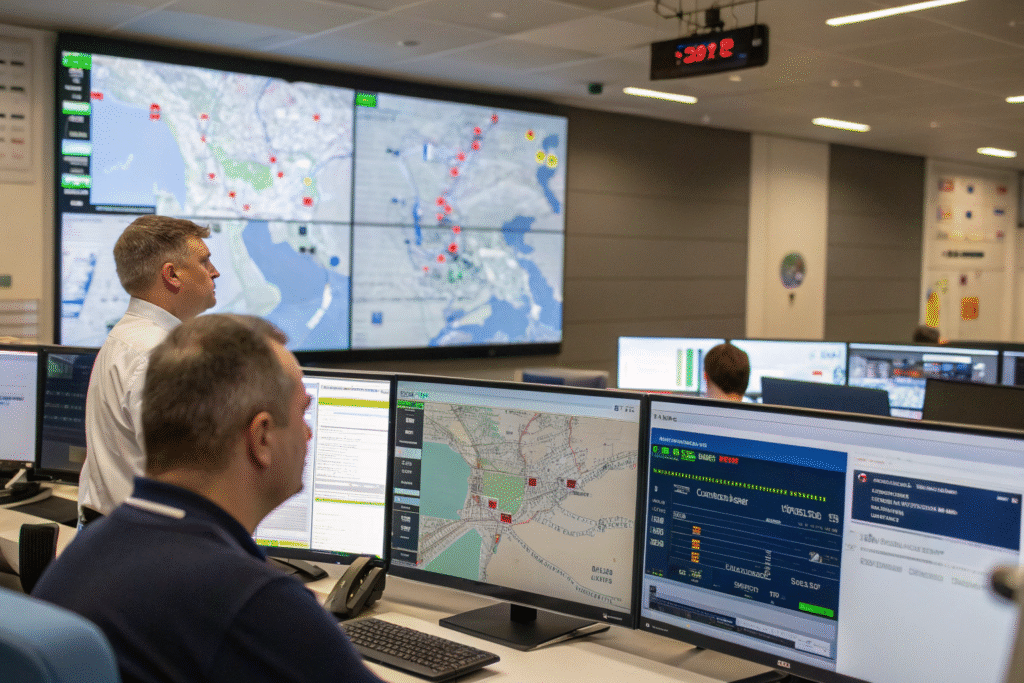
What Are the Most Reliable Freight Tracking Platforms?
Platforms like Project44 and FourKites provide real-time tracking across ocean, air, and trucking. We integrate these tools to give clients visibility at every touchpoint, including alerts for customs clearance, port departure, and ETA shifts.
Clients like Ron receive updates through secure client portals with cargo milestones, documents, and photos.
Can You Track LCL and Air Freight Shipments Too?
Absolutely. While full-container loads (FCL) have GPS options, we also track LCL cargo using barcoded waybills and scanning at every hub. For air freight, we sync data from airlines and use services like CargoAi to report delays and handling events.
What Are the Physical Safeguards at Warehouses and Ports?
Digital tracking is crucial, but without physical safeguards, it’s not enough.
Freight forwarders use bonded warehouses, 24/7 surveillance, tamper-proof seals, and security audits to protect cargo at rest.
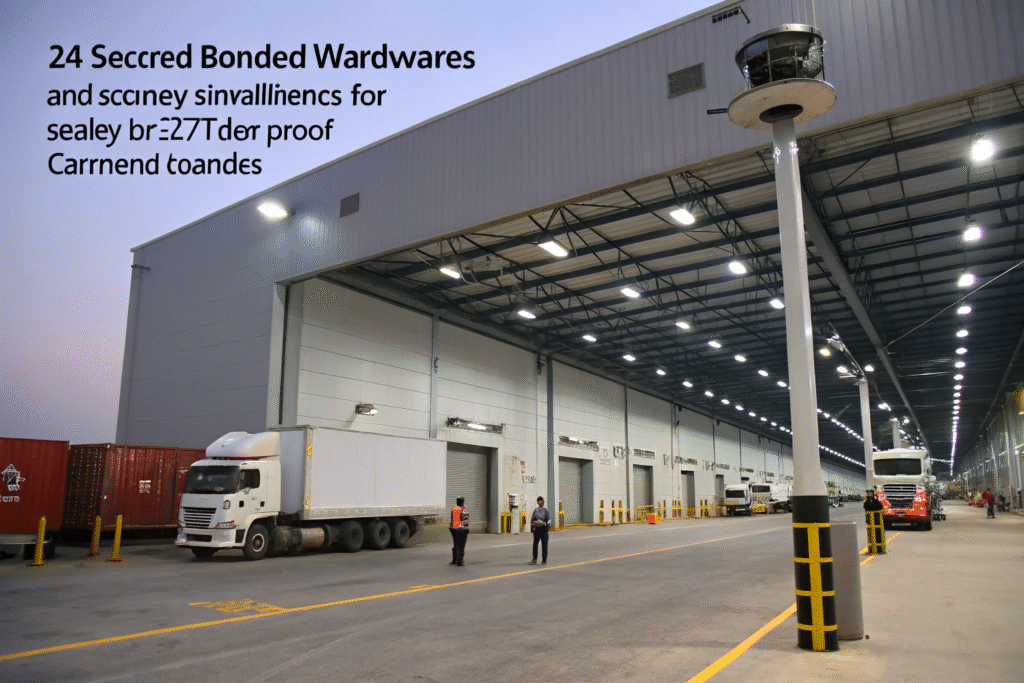
What Is a Bonded Warehouse and Why Does It Matter?
A bonded warehouse is a secure, government-approved facility where goods can be stored without paying import duties until they're cleared. We use facilities like SEKO Logistics or DHL Supply Chain to hold high-value shipments safely.
They offer CCTV, limited access zones, and trained security personnel.
How Are Shipments Secured Before Loading?
Before container sealing, we perform visual inspections, pallet verification, and weight checks. We document every action with photos and upload them to shared cloud folders accessible to the buyer.
We use bolt seals with ISO 17712 certification and log serial numbers through Chain of Custody protocols to prevent tampering.
How Do Freight Forwarders Handle Insurance and Claims?
Even with the best systems, rare issues happen. In these moments, freight forwarders act fast to protect the client’s interests.
Forwarders help select the right insurance, file claims accurately, and ensure clients are reimbursed for loss, damage, or delays.
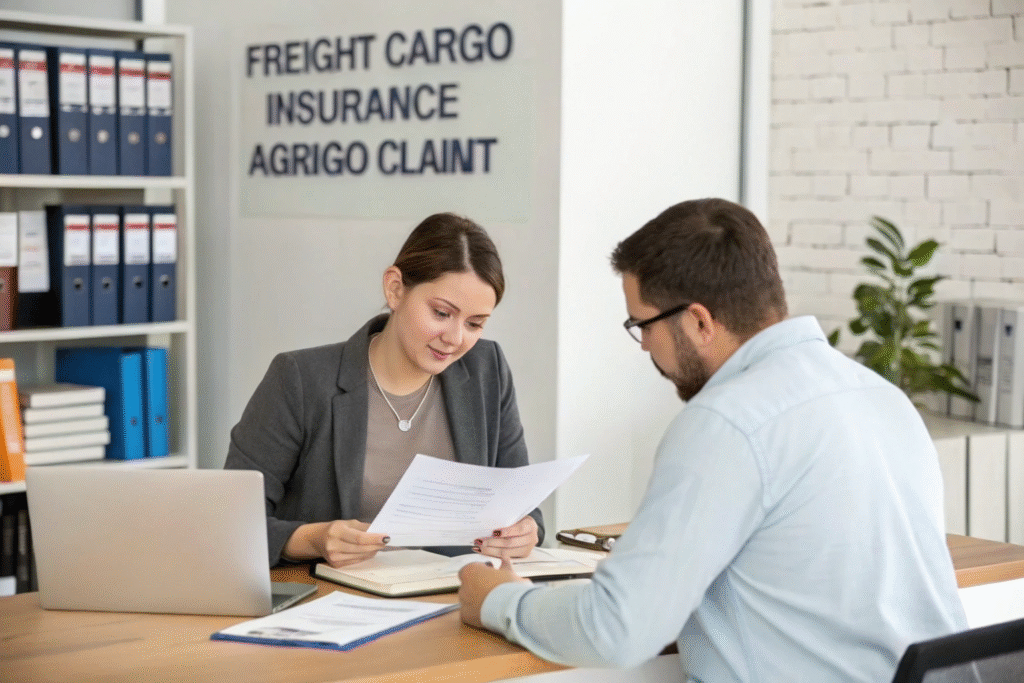
Do All Freight Forwarders Offer Insurance?
No—but the best ones do. At GeeseCargo, we offer coverage through providers like TT Club and Chubb Marine Insurance. This includes protection against theft, water damage, and even political risk in certain routes.
We recommend All Risk coverage for shipments over $10,000 in value.
How Long Does a Cargo Claim Usually Take?
With the right documentation (photos, packing list, damage report), claims are resolved in 15–30 business days. We help clients file through platforms like Freightos Insurance or submit directly to carriers when damage is carrier-related.
Our bilingual support team ensures smooth claim processes between Chinese suppliers and U.S. insurers.
Conclusion
In international shipping, security isn’t optional—it’s fundamental. From factory pickup to warehouse storage and customs clearance, every handoff is a point of potential risk. That’s why at GeeseCargo, we build security into every part of your supply chain.
With our integrated tracking systems, bonded storage, cargo insurance, and certified handling procedures, we give you more than delivery—we give you peace of mind.
If you’re ready to protect your shipments with a freight forwarder that takes security seriously, talk to us. Your goods deserve to move with confidence.
